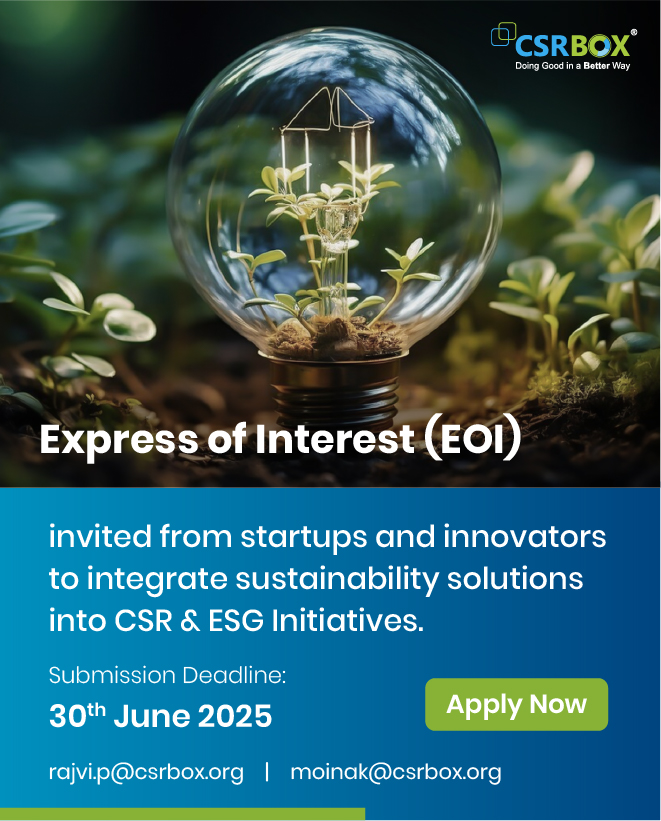Subscribe our Weekly Newsletter
Documentation – An Effective Knowledge Management Approach

Organization: Impact Academy by CSRBOX
Apply By: No Deadline
Free/Paid: Paid (INR 850)
Description:
This 2.5-hour self-paced course is designed for development sector professionals involved in project management and implementation work, and aims to:
Help understand the need for timely documentation of a project to help record project activities systematically and build organizational memory
Enhance knowledge on how documentation strengthens understanding of the project staff when the project transitions from design to the implementation stage
Develop an organizational understanding of workable implementation approaches to feed into subsequent project design
Elaborate on documentation of implementation approaches, challenges faced, lessons learned, redressal mechanisms, and results achieved is a valuable knowledge management approach
Explain how documentation can help in advocacy with the donors, government and other crucial stakeholders for scale-up/new projects.
Who is the program for?
- NGO professionals
- Documentation professionals
- Development sector workers
- M&E professionals
Program highlights:
The program would answer some key questions related to documentation of programs, projects, and interventions.
These include:
- What is documentation?
- Why is it an important part of knowledge management?
- What are the various types of documentation products?
- What are the key steps of documentation (including process documentation, best practices, case studies, case stories, photographic documentation and videography)?
The course is divided into five Modules:
The first module elaborates the definition of knowledge management, its purpose and the objectives it serves. The module takes a look at documentation as a form of knowledge management and explores how projects, programs and interventions are documented over their lifetime via various methods. Keeping in mind that the process documentation is the most elaborate of documentation forms, it further explores the key questions that a process document answers.
The second module of the course spells out the wide array of products that can be developed through the documentation of a project or program, to add to the repertoire of knowledge management efforts. It explains their purpose and what they include. Module three will introduce the participants of the course to the steps prior to fieldwork in any documentation exercise, the key data collection tools, and how these tools need to be used on the field.
The next module i.e. module four discusses preparation for documentation of field, the essential things to remember on field and addressing the risks during fieldwork.
The fifth and final module details the steps after finishing fieldwork, leading us to writing documentation products. It explains the essential steps prior to initiating the writing of products and also gives a brief introduction to writing a process document with all the collated information.
What will be the topics/sub-topics covered in the course?
- Importance of documenting a project
- Critical aspects of a project that should be documented
- Frequency of documentation of a project
- Different kinds of documentation in a project
- Key steps involved in documentation
- A systematic step-by-step approach for documentation (steps before, during and after fieldwork)
- A glimpse of how to write a process document
Expected learning outcomes for students:
By the end of the course, the participants will:
- Be exposed to, and gain an introductory understanding of the concepts of documentation, especially process documentation
- Have a basic understanding of the steps involved in process documentation of a program/project/initiative
Total duration of the course: 2.5 Hours
Model: Pre-recorded, Self-paced and Virtual
Fees
Standard Registration - INR 850 + 18% GST
For more information, please check the Link
Latest Fellowships
Latest Grants
Latest News
© Renalysis Consultants Pvt Ltd




















.jpeg)
.jpg)
.jpg)
 (1).png)